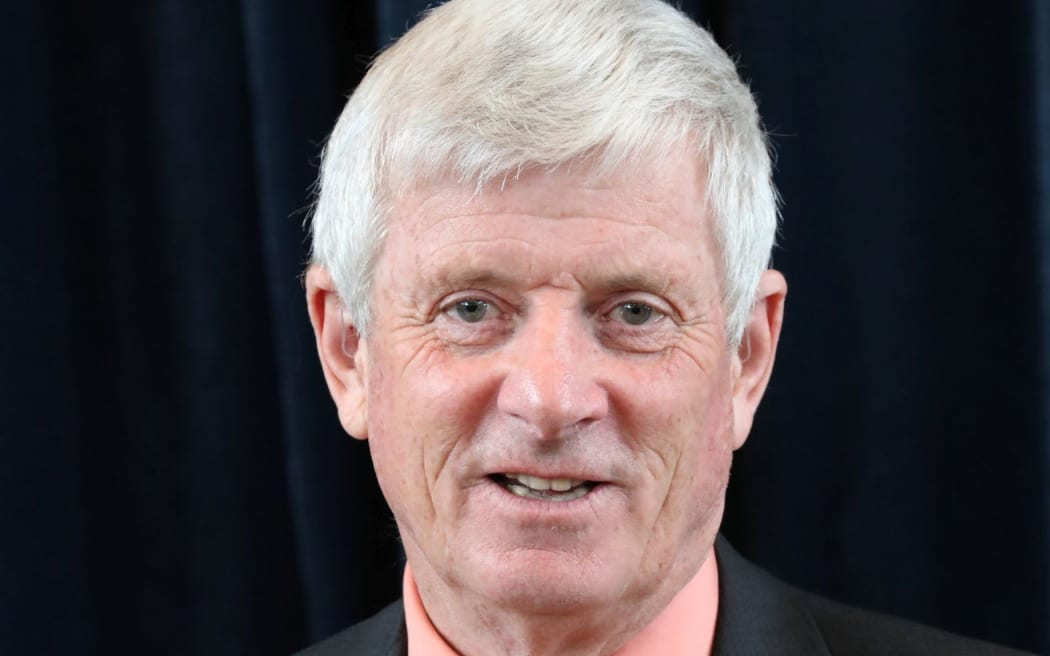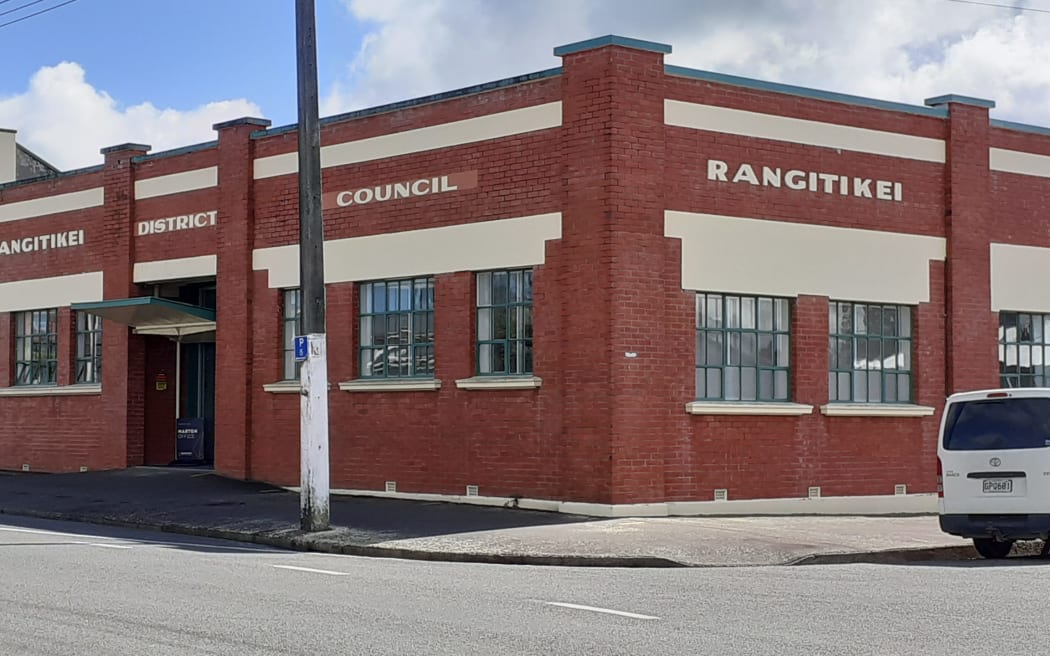
Mayor Andy Watson says 0.9 percent of his council’s budget is allocated to mayoral and councillor salaries. Photo: LDR / Peter McDermott
Pay rates for elected council members hinder local government’s ability to attract and retain qualified councillors, a district mayor says.
The Remuneration Authority this week
set an average pay rise of 3.7 percent for mayors and councillors from 1 July.
Rangitīkei mayor Andy Watson said Rangitīkei District councillors who did not have chairing responsibilities were paid under $30,000 a year.
“At that level, the sorts of people you could well attract are retired or it’s a top-up to their financial position.
“People join council not for the money and we should value that.
“But when council is a substantial business with turnover of multi-millions of dollars and very long-term views required, then you need the very best you can possibly get.”
He said people with the skills required were often practitioners in their own professions and councillor pay rates could not compensate for the loss of time in their own businesses.
The new pay rates for mayors, councillors and community board members were released on Thursday.
Watson said they did not adequately reflect councillor responsibilities and workload.
“The mayor’s salary is more than adequate but I do worry about the salaries for elected members.”

A councillor with no chairing responsibilities will be paid $29,690, up from $28,631, in new pay rates set by the Remuneration Authority. Photo: LDR / Moana Ellis
Watson’s salary has been set at $125,219, up from $120,751.
Deputy Mayor Dave Wilson will receive $40,802, up from $39,346. A councillor with no special responsibilities will get $29,690, up from $28,631. Chairs and deputy chairs of committees will be paid up to $38,576, up from $37,200.
Taihape Community Board chair Peter Kipling-Arthur will receive $9630, up from $9287, and members $4815, up from $4643.

Rātana Community Board chair Charlie Mete will be paid $4720, up from $4552, and members $2360, up from $2276.
Watson said council meetings often took half a day. For northern councillors in particular, travel time effectively meant taking a full day out of their own businesses.
For some councillors, council work occupied most of their time.
“Attending meetings is just a fraction of the responsibilities.
“The workload has increased dramatically because central government has pushed new roles and responsibilities onto local government, whether it be roading, climate change or responding to submissions.”
Despite this, the amount of money councils had to carry out these tasks had remained relatively static.
“The pressures are very high, especially in these financially challenging times.”
Watson, who has notched up 20 years in Rangitīkei as an elected member, 11 of them as mayor, said there were always submissions during the Long-Term Plan process claiming councillors were overpaid.
He said 0.9 percent of his council’s budget is allocated to mayoral and councillor salaries.
“What organisation would pay under one percent of the total business they’re running?”
‘You’re answerable to social media’
He said there were other anomalies, such as elected members not being eligible for KiwiSaver employer contributions.
“That in itself is poor and a poor message.”
Critique and abuse, particularly on social media platforms, had increased significantly.
“To an extent, you’re answerable to social media. People don’t understand what is required of modern-day councillors, or the scale of the job and how much it has increased over time.
“I absolutely applaud the people who take on a role in local government. Monetary return is not why they do it, but it should be part of the discussion.”
However, communities first needed to value the commitment made by local government representatives.
“The abuse they receive is unwarranted. It’s getting much, much worse. The last election we saw quite a turnover of councillors and mayors, and when you talk to those who left, a lot of it is about exactly that.”
Remuneration Authority chair Geoff Summers told
Local Democracy Reporting the new rates were decided using a system that ranks councils by size, according to population, total assets, total expenditure, socioeconomic deprivation indices and a complex weighting process. They were also aligned with the public sector.
A councillor’s salary can range from $14,274 in the Chatham Islands to more than $100,000 in Christchurch and Auckland.
For a mayor, the salary can range from about $59,000 to more than $300,000 in Auckland.
LDR is local body journalism co-funded by RNZ and NZ On Air 

